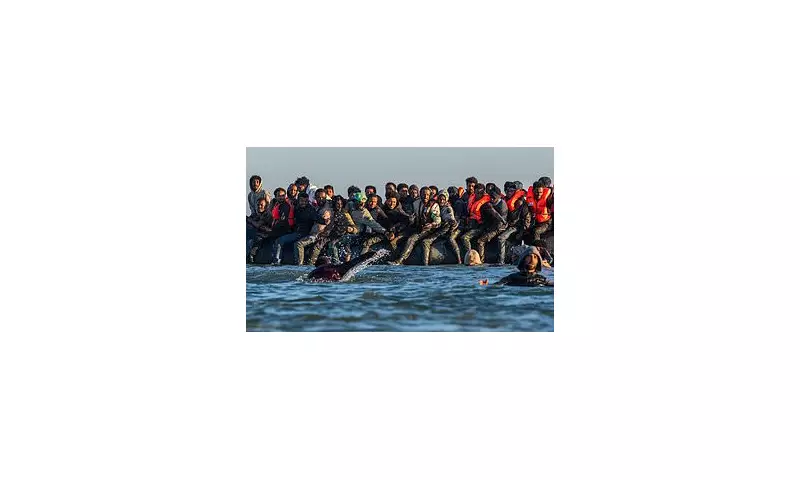
Sir Keir Starmer's flagship immigration policy is facing collapse just weeks after taking office, with the Prime Minister's promise to 'stop the boats' already in serious jeopardy.
The Labour government's plan to address small boat crossings has been overwhelmed by a tsunami of legal challenges from migrant advocacy groups, threatening to derail the Rwanda deportation scheme before it can properly begin.
Legal Onslaught Paralyzes Deportation Efforts
Whitehall sources reveal that government lawyers are battling what one insider described as an "unprecedented wave" of individual legal claims from migrants slated for removal. Each case must be heard before take-off, creating a bureaucratic nightmare that has effectively grounded the policy.
"The system is completely overwhelmed," a senior Home Office official admitted. "For every person we prepare to remove, three more legal challenges appear. It's like trying to empty the ocean with a bucket."
France Backs Away from Key Agreement
In another devastating blow to the Prime Minister's plans, French officials have reportedly walked away from negotiations to accept returned migrants who cross the Channel.
This critical component of Labour's strategy—a returns agreement with Paris—has collapsed, leaving Britain without a key partner in managing the migration crisis. The breakdown deals a particularly harsh blow to Starmer's promise of improved European cooperation post-Brexit.
Tories: 'We Told You So'
Conservative MPs have seized on the developments, with former immigration minister Robert Jenrick declaring: "This was entirely predictable. Labour dismantled our Rwanda scheme without having a workable alternative. Now they're learning the hard way that dealing with illegal migration requires resolve, not rhetoric."
The criticism echoes warnings made during the election campaign that Labour's approach was naive and unprepared for the legal and diplomatic realities of migration policy.
What Comes Next?
With the legal system clogged and French cooperation evaporating, ministers are urgently exploring alternatives:
- Fast-tracking legislation to limit legal challenges
- Seeking new migration partnerships with other European nations
- Considering processing centres in third countries beyond Rwanda
- Increasing cooperation with NATO to combat people smuggling networks
Yet with record numbers of crossings this summer and the system in chaos, time is running out for the Prime Minister to make good on his signature pledge.
As one weary official put it: "The boats haven't stopped. The only thing that's stopped is our ability to do anything about them."





